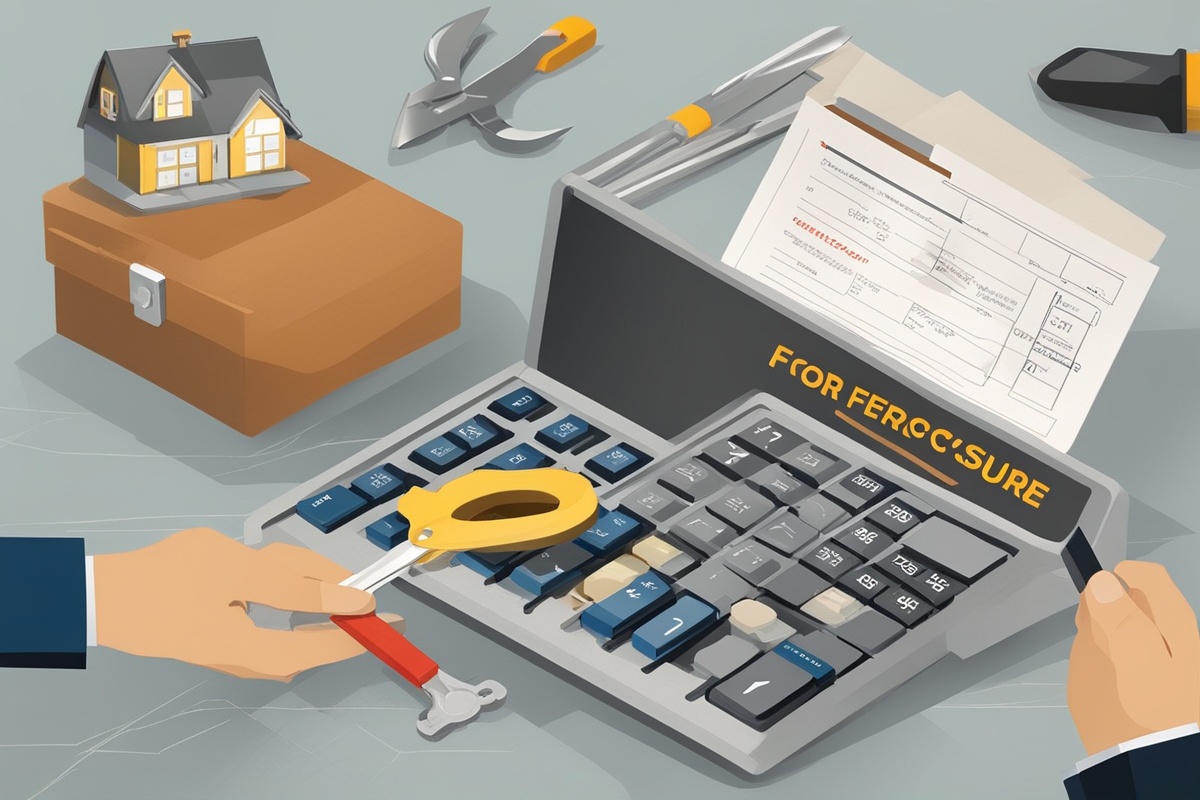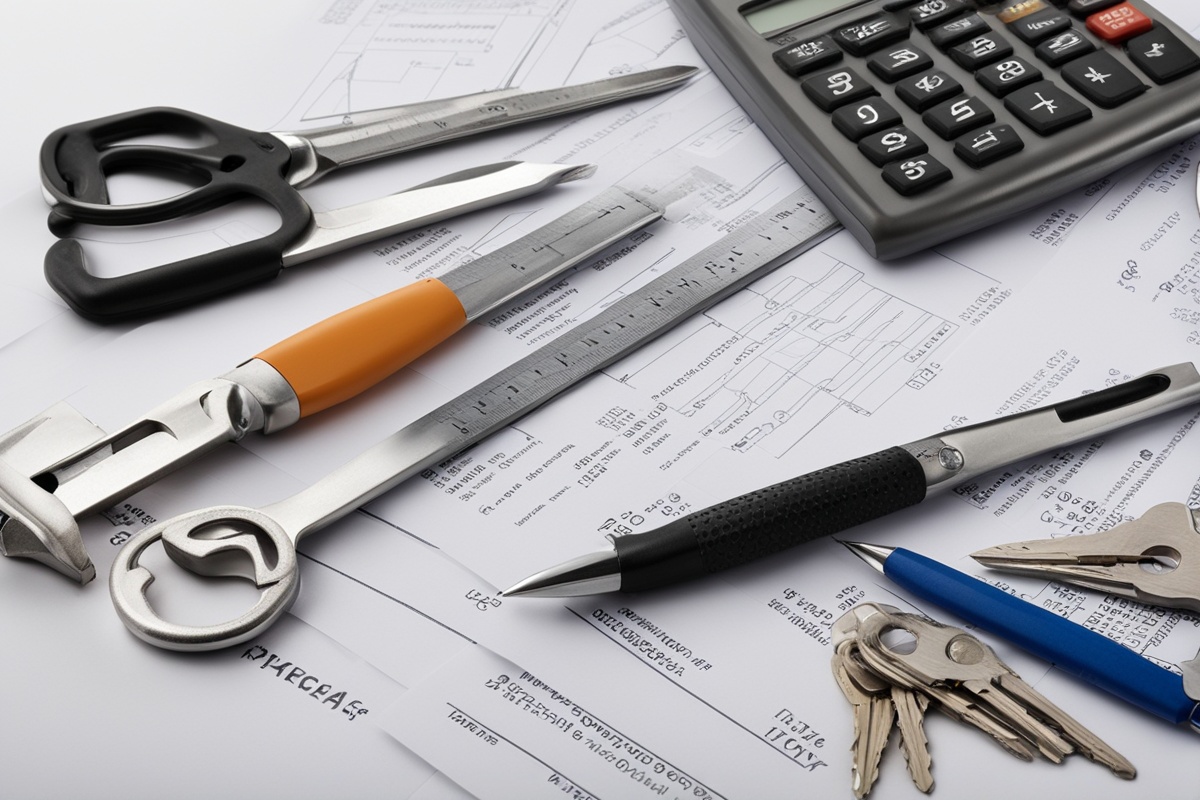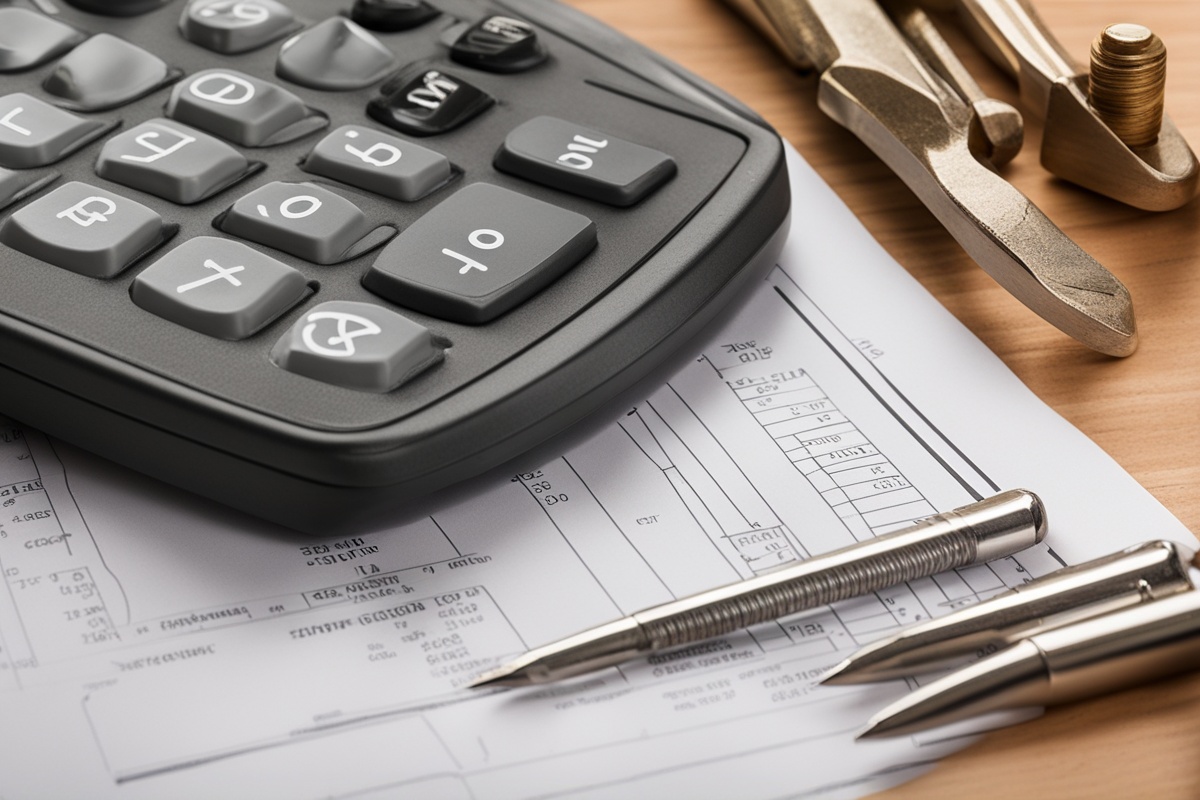Understanding the true value of your home is crucial whether you’re planning to sell, refinance, or simply assess your financial standing. With the rise of digital tools, finding an accurate home value estimator has become easier than ever. These online calculators and tools provide quick, data-driven insights into your property’s worth based on market trends, location, and other key factors. In this post, we’ll explore how to use an accurate home value estimator, why it matters, and the best practices for getting reliable results.
What Is an Accurate Home Value Estimator?
An accurate home value estimator is a digital tool or algorithm that calculates the estimated market value of a property based on a variety of data points. These tools often pull information from public records, recent sales data, local market trends, and user-provided details about the home, such as square footage, number of bedrooms, and upgrades. Unlike a professional appraisal, which involves an in-person inspection, an accurate home value estimator provides a quick, automated estimate that can serve as a starting point for homeowners and potential buyers.
Popular platforms like Zillow’s Zestimate or Redfin’s Estimate tool are examples of widely used home value estimators. However, accuracy depends on the quality of data and the sophistication of the algorithm. That’s why choosing a reliable and accurate home value estimator is essential for making informed decisions.
Why Use an Accurate Home Value Estimator?
Knowing your home’s value offers numerous benefits, especially in a fluctuating real estate market. Here are some key reasons to use an accurate home value estimator:
- Planning to Sell: If you’re considering selling your home, an estimator gives you a ballpark figure to set a competitive asking price.
- Refinancing: Lenders often require an estimate of your home’s value before approving a refinance application.
- Financial Planning: Understanding your home’s worth helps in assessing your net worth and making long-term financial decisions.
- Insurance Purposes: Accurate estimates ensure you have adequate coverage for property insurance.
By leveraging an accurate home value estimator, you can avoid overpricing or underpricing your property and make smarter financial choices. For more on financial tools, check out our post on Mortgage Calculators for Home Buyers.
How Does an Accurate Home Value Estimator Work?
Most accurate home value estimators rely on a combination of automated valuation models (AVMs) and machine learning algorithms. These systems analyze data from multiple sources, including:
- Public records (e.g., property tax assessments and deed records)
- Recent sales of comparable properties in the area
- Local market trends and economic indicators
- Home-specific details provided by the user (e.g., renovations or unique features)
The estimator then generates a value range or a specific figure based on this data. While these tools are convenient, their accuracy can vary depending on the availability of data in your area. Rural properties, for instance, may have less reliable estimates due to fewer comparable sales. To learn more about property data, see our guide on Property Tax Calculators.
Factors That Affect Home Value Estimates
Several factors influence the results provided by an accurate home value estimator. Understanding these can help you interpret the estimate and make adjustments if necessary:
- Location: The neighborhood, proximity to amenities, and local market conditions play a significant role in determining value.
- Home Condition: Upgrades, repairs, and overall maintenance impact the estimate, though some tools may not account for these unless manually entered.
- Market Trends: Rising or falling home prices in your area can affect the estimate.
- Property Size and Features: Square footage, number of bedrooms, and special features like a pool or garage are key data points.
Keep in mind that while an accurate home value estimator considers many of these factors, it may not capture the full picture. For a deeper dive into market trends, explore our article on Real Estate Market Analysis Tools.
Tips for Using an Accurate Home Value Estimator Effectively
To get the most out of an accurate home value estimator, follow these best practices:
- Provide Detailed Information: Input as much accurate data as possible about your home, including recent upgrades or renovations.
- Compare Multiple Tools: Use more than one estimator, such as Zillow, Redfin, or Realtor.com, to get a range of values.
- Check Comparable Sales: Look at recent sales of similar homes in your area to validate the estimate.
- Consult a Professional: While estimators are helpful, a licensed appraiser or real estate agent can provide a more precise valuation.
By combining the insights from an accurate home value estimator with expert advice, you can make well-informed decisions. For additional financial planning tools, visit our page on Home Equity Calculators.
Limits of an Accurate Home Value Estimator
While an accurate home value estimator is a powerful tool, it’s not without limitations. These tools rely on algorithms and publicly available data, which may not always reflect the unique aspects of your property. For example, an estimator might not account for a stunning view, historical significance, or recent renovations unless you manually input this information. Additionally, market volatility or limited data in certain areas can lead to less reliable results.
For critical decisions like selling or refinancing, it’s wise to pair the estimator’s results with a professional appraisal. Curious about other property tools? Check out our guide to Rental Property Calculators.
Disclaimer: The information provided in this article is for general informational purposes only and should not be considered as financial or legal advice. While an accurate home value estimator can provide helpful insights, it is not a substitute for a professional appraisal or consultation with a licensed real estate expert. Always consult with qualified professionals before making significant financial or property-related decisions. We are not responsible for any inaccuracies in the estimates provided by third-party tools mentioned in this post.
References
- Zillow: How Much Is My Home Worth?
- Redfin: What Is My Home Worth?
- Realtor.com: How to Calculate Home Value
- Federal Reserve: Report on the Economic Well-Being of U.S. Households
- National Association of Realtors: Research and Statistics
This content is for informational purposes only and not a substitute for professional advice.





